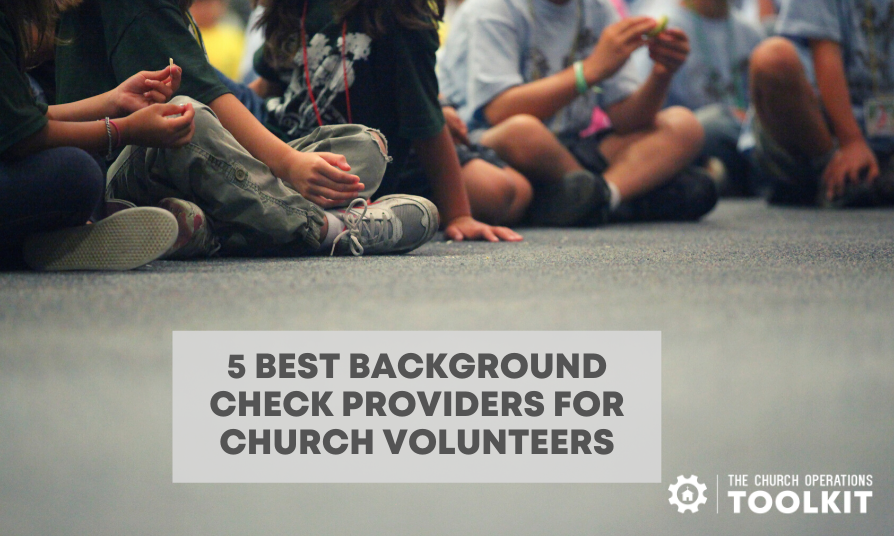5 Keys to Improving Volunteer Communication
Wondering why your volunteers aren’t quite doing what you need them to do? Do they arrive late or unprepared? Are you experiencing high turnover as volunteers quit? The issue may not be a lack of enthusiasm or commitment – it might be that they don’t really know what you need. Improving volunteer communication could be …




